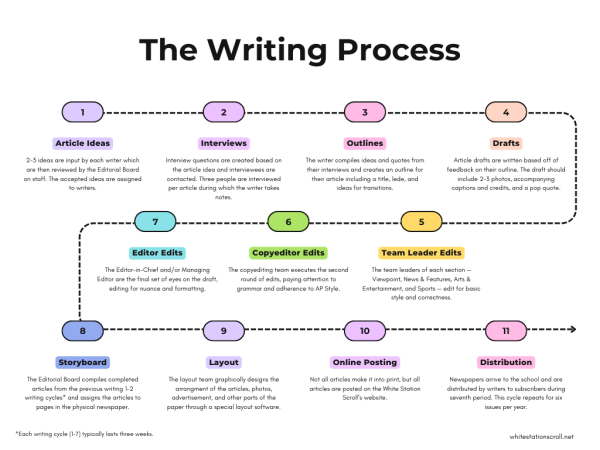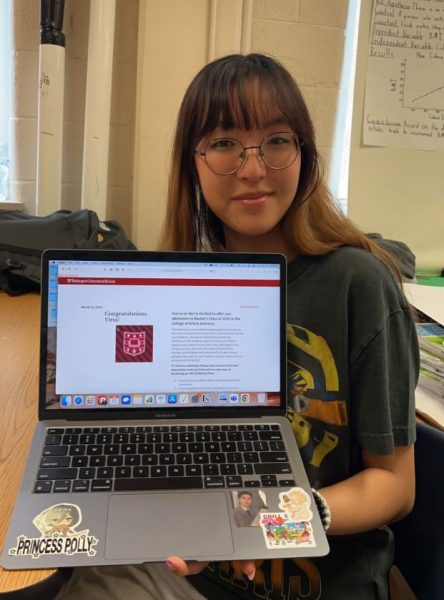Extra credit: a much needed sigh of relief

Extra credit is an opportunity for struggling students to achieve their desired grade on an assignment. In today’s hectic world, there are many reasons why students might not get the best grades, making extra credit an effective way to lessen a student’s stress about school.
Extra credit has always been a good opportunity for students to learn something new or practice a skill more in exchange for additional points. It has a lot of helpful additions to a student’s learning experience: improving their grade, helping them learn something new and even motivating students to do better next time.
Although some teachers are dead set against providing extra credit, there are many who believe extra credit should be given when a student goes above and beyond expectations for the chance to boost a grade. Extra credit can serve as an opportunity to not only allow students to improve their grades but also have more practice or to learn something new.
“I feel excited when a teacher allows students to receive extra credit because it gives me an opportunity to raise my grades,” James Wang (9) said.
Providing extra credit allows students who are determined to gain perfect scores a chance to relax and have a second chance. For over-achievers, it is a chance to learn more about a topic regarding the class. For Morgan Johnson (11), an extra credit assignment for AP Chemistry taught her about the effects of hair dye.
“I feel really appreciative that I have a chance [to improve my grades], especially in classes I need help in, and I have usually been given extra credit for AP Chemistry and AP U.S. History,” Johnson said.
In many cases, however, students are not provided with extra credit often because some teachers believe they assign enough work for the student to be able to get a good grade in their class without extra help. This can cause some students to experience stress if they are not doing well or do not understand a topic.
“There was a time when I needed extra credit for a class, and the teacher would not offer any, and I remember that it severely affected my mental health,” Johnson said.
Some teachers provide extra credit monthly, such as history teacher Kyle Tingley, who offers students extra credit if they come in to watch a history movie after school. To help his students’ grades, Tingley puts the extra credit points a student earned by attending into the assignment with the lowest score.
“Extra credit allows you to hopefully recognize that your grade wasn’t what you wanted and that you can do something about it,” Tingley said.
During these demanding times of being a high school student while also going through the added stress of worrying about a worldwide pandemic, some students have faced additional challenges to their physical or even their mental health.. As such, extra credit gives a little spark of hope for students who are suffering from mental blocks due to something they did not cover during online school, juggling too many absences from COVID-19 or dealing with mental health issues.
“The idea of having a second chance or a way of trying to pad out the grades [is important] because right now, there are a lot of reasons stuff can fall apart grade-wise — studying and work and some of it might not fall into something you can get a note from home on,” Tingley said.
Your donation will support the student journalists of White Station High School. Your contribution will allow us to purchase equipment and cover our annual website hosting costs.









































